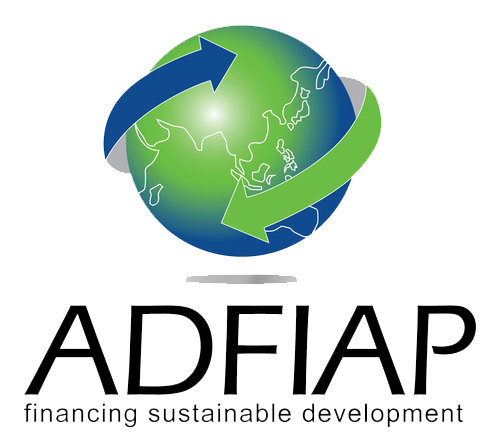If your Bank/Institution is a member of ADFIAP. Please sign inbefore accessing this content. For inquiries, please email us to [email protected]
- February 13, 2024
- -
- February 16, 2024
Home » Corporate Governance for Sustainability Program (CG4SP) for Development Banks in Asia and the Pacific: A Training Guide
